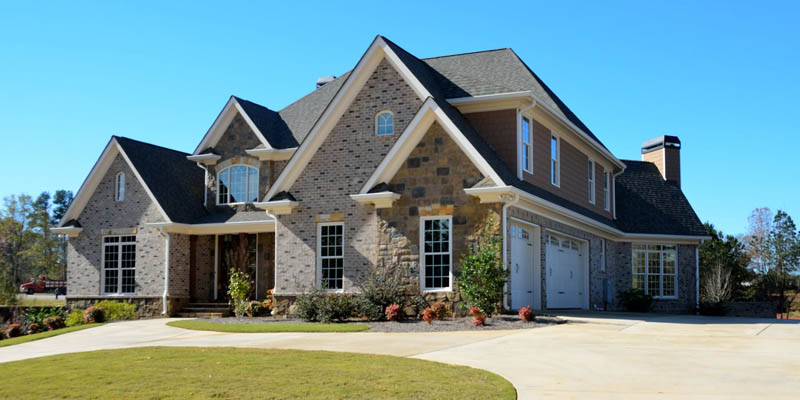Own a Newly-Built Home? Don’t Forget About the Warranty! If you’ve purchased a newly-constructed home, it goes without saying that everything – from the construction materials to plumbing and electrical systems – is new. Nevertheless, this doesn’t rule out the possibility that unforeseen issues may occur. To avoid unexpected expenses associated with any possible problems or defects, you’ll want to obtain a new-home warranty for your protection.
What’s a new-home warranty?
A new-home warranty is a contract that promises to cover the repair or replacement of certain elements within your home, if necessary, within a specified time laid out in the contract terms. Details such as what’s covered, for how long and how the repairs will be made are also typically outlined in the warranty. Coverage varies depending on the type of home you have. For instance, material and workmanship coverage may be in place for one to two years with a longer term available on major structural elements.
Why you need a new-home warranty
Problems aren’t always visible when you first move in to your new home. Sometimes they take time to manifest, becoming apparent only after you’ve lived in the house for a while. Without a warranty, you’ll have a tough time convincing the builder to come back and address any issues you find. Don’t rely on a verbal agreement from any contractor promising to fix anything that goes wrong – get it in writing! Obtaining a home warranty for a newly-constructed home will provide you with financial protection and put your mind at ease before you move in.
What’s covered?
Home warranty requirements vary by province. Many home warranties are backed by the builder, while others are purchased by the builder from a third-party company. Generally, your warranty will cover your new home’s materials and workmanship. This includes, but is not limited to: concrete foundations; shingles; carpentry; insulation; windows and doors; plumbing; electrical; and heating. Before signing any warranty, read it over carefully and make sure you understand what the builders’ obligations are, what exactly the warranty covers, how to make a claim and the process for resolving any potential discrepancies.
What isn’t covered?
Understandably, items that aren’t considered to be related to the actual construction of your home will not be covered. This includes: normal wear and tear; natural expansion or contraction of the house; household appliances; or any defect resulting from you not maintaining the property adequately or from any work you undertake yourself. Weather- related issues such as dampness, condensation or mould would only be covered if thy result from a builder defect.
New construction financing
Building your own home has many benefits as you can customize every detail to suit your needs. It’s important to note, however, that qualification requirements for a new construction mortgage are different from those on an existing home. Mortgage financing options are a bit more complex with a new construction so you’ll want to ensure you speak with a qualified mortgage agent who can help you through the process of obtaining the financing you need to successfully build the home of your dreams.
Have questions about construction mortgage options or your mortgage in general? Answers are a call or email away!
